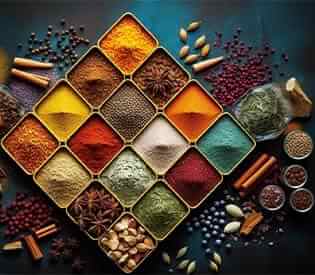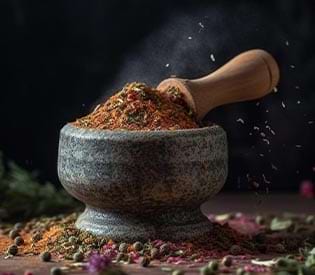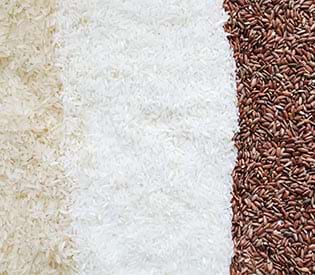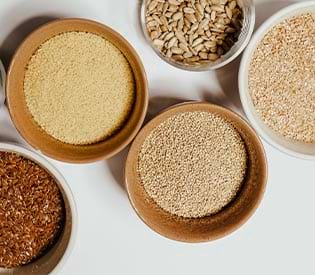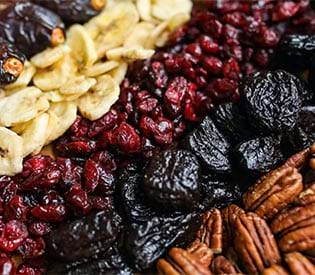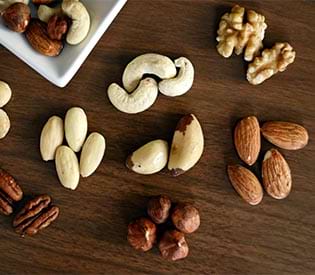Slippery Elm Powder
📦🚚 Fast & Free shipping on all orders
What is slippery elm powder?
In North America, slippery elm (Ulmus fulva) has long been utilized as a natural treatment. Native Americans used slippery elm to make medicinal salves for skin inflammation, burns, sores, boils, and ulcers. Additionally, it was used orally to treat stomach issues, diarrhea, sore throats, and coughs. Mucilage, found in slippery elm, is a component that, when combined with water, forms a slippery gel. It coats and calms the intestines, stomach, throat, and mouth. Antioxidants included in it also aid in the relief of inflammatory bowel disorders. Slippery elm stimulates the nerve endings in the gastrointestinal tract, which causes reflux and increased mucus production. The increased mucus production may shield the gastrointestinal system from ulcers and excessive acidity.
How do I use slippery elm powder?
There are many ways to get slippery elm, including lozenges, powder, and capsules. The standard dose for powdered bark is one tablespoon, up to three times a day. It may be blended with water or tea. If you add too much slippery elm, the water may become too thick to drink.
Slippery Elm Powder Benefits:
Native Americans used slippery elm to make medicinal salves for skin inflammation, burns, sores, boils, and ulcers. Additionally, it was used orally to treat stomach issues, diarrhea, sore throats, and coughs. Mucilage, found in slippery elm, is a component that, when combined with water, forms a slippery gel.
◉ Respiratory problems: Slippery elm is a common component in cough drops intended to alleviate sore throats because of its mucilage concentration, which covers and soothes the throat. In addition, slippery elm has antitussive properties that help reduce coughing and alleviate laryngitis, asthma, and other upper respiratory symptoms.
◉ Digestive issues: As I said before, because of its mucilage content and capacity to lessen intestinal inflammation, slippery elm is recognized as a demulcent, or plant that creates a protective layer that lessens discomfort. Additionally, it may reduce the symptoms of digestive disorders like IBS and trigger the gastrointestinal tract's nerve endings to secrete more mucus. Furthermore, since slippery elm has a high content of both soluble and insoluble fiber, it is thought to be a prebiotic and a generator of healthy short-chain fatty acids (SCFAs). Put another way, by providing your beneficial microorganisms with their preferred diet, it may maintain a healthy microbiome—and we all know how essential that is. Another factor that makes slippery elm an excellent natural laxative is its high fiber content. Thus, use this sparingly if you're going to include it in your health regimen and you don't have constipation!.
◉ Heartburn, acid reflux, and GERD: Stomach acid may cause heartburn, acid reflux, and the more severe disease known as GERD when it backs up into the esophagus, irritating the lining and producing a burning feeling that is painful. By shielding the esophagus from the corrosive effects of stomach acid, the mucilage of slippery elm coats the esophagus and reduces the symptoms of this response. For those with GERD, acid reflux, or heartburn, slippery elm should ideally be given shortly after meals.
◉ Wound and burn healing: Slippery elm is ideal for salves and other topical treatments for burns and other wounds because of its rich mineral and antioxidant content. Actually, its desiccated mucilage functions similarly to a bandage, giving cuts more defense so they may mend. Because of its strong antioxidant content, it may also help prevent damage from free radicals and combat wrinkles and other symptoms of aging skin.
Where to buy slippery elm powder?
Buy slippery elm powder from the health food store in the USA, Alive Herbals.
Slippery Elm Powder information (at a glance):
| Product Name | Slippery Elm Powder |
| Scientific Name | Ulmus rubra Muhl |
| Country of Origin | It is native to the central and eastern United States and Ontario, Canada. |
| Ingredient | Slippery Elm Powder. |
| Taste & Aroma | Aroma: earthy flavor. Taste: subtle, sweet. |
| Shelf Life & Storage | Shelf life is about 06 - 36 months. Store it in an airtight container in a cool, dry place and prevent sunlight exposure. |
| Precautions | We requested you, Before consuming spices, herbs, teas or any kind of natural products you consult an expert qualified healthcare practitioner or herbalist. |
| Note | This product information has not been appraised by the Food and Drug Administration (FDA). This information is solely intended for educational purposes. |

